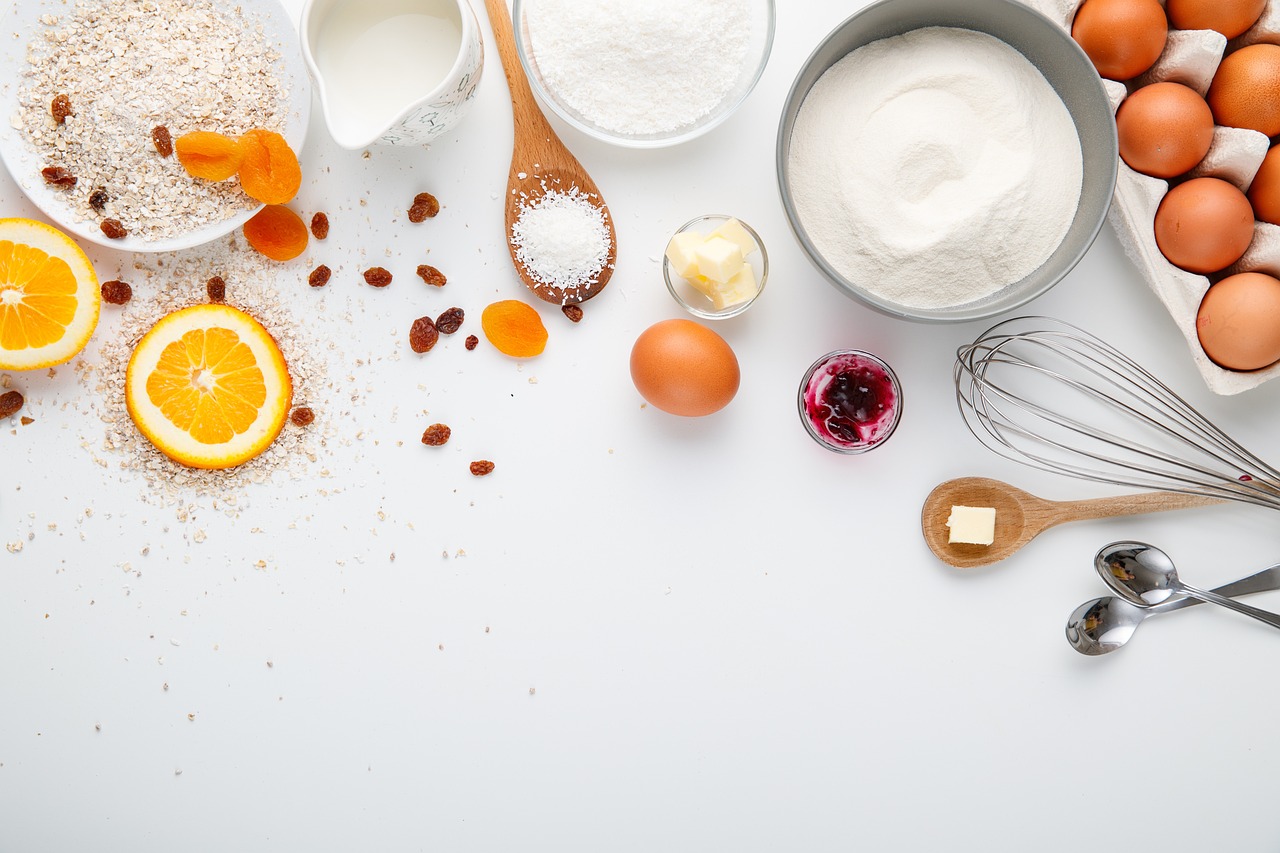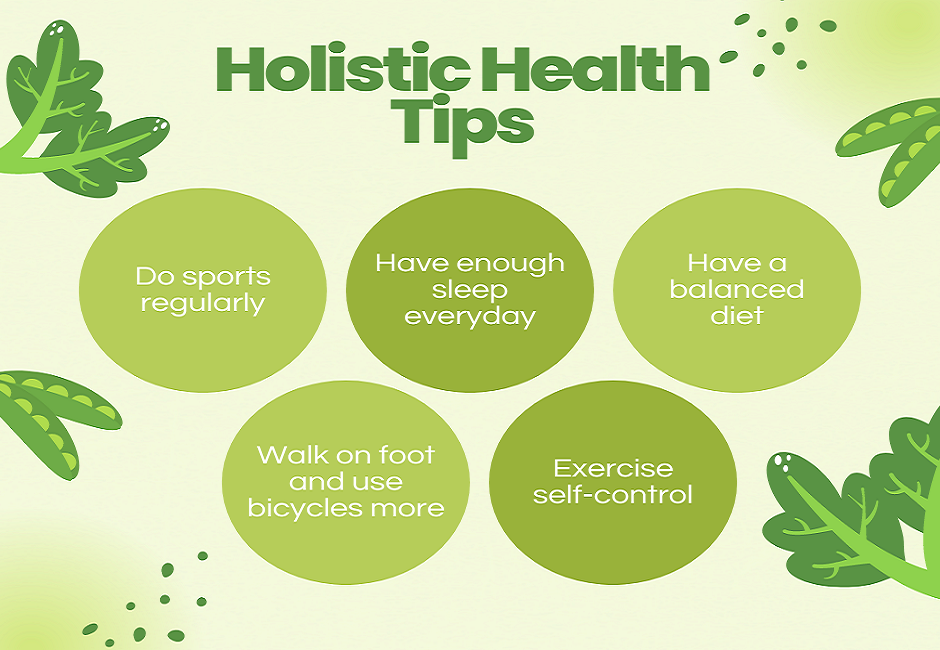Sugar is a staple in modern diets, found in everything from pastries to processed snacks. It’s often labeled as a guilty pleasure, associated with weight gain, mood swings, and hyperactivity, especially in children. But does sugar really make you hyper? Can sugar make you hyperactive? In this article, we’ll dive into the science and common misconceptions surrounding sugar consumption. By the end, you’ll have a thorough understanding of sugar’s effects on behavior, energy levels, and health, along with tips on how to manage your sugar intake.
Why Does Sugar Make Me Excited?
It’s no secret that a sugary snack can make you feel good, and quickly too. Glucose, which enters your circulation and boosts blood sugar levels, is produced by your body when you ingest sugar. The immediate energy boost often translates into feelings of excitement, pleasure, or euphoria, as your brain releases dopamine, the “feel-good” hormone.
Sugar also triggers the release of serotonin, another hormone linked to mood regulation. In fact, some researchers compare the effect of sugar on the brain to that of addictive substances. The rush of sugar can make you feel excited and energized, but it’s important to note that this spike is typically followed by a crash, which can leave you feeling fatigued or moody.
Can Sugar Cause Impulsive Behavior?
When sugar hits your bloodstream and spikes your blood glucose levels, it can also affect your decision-making. Some studies suggest that high sugar intake might lead to more impulsive behavior because of how it affects the brain’s reward system. Your brain craves more of that sugar-induced dopamine rush, leading to overeating or making rash choices you wouldn’t normally consider.
This impulsivity isn’t just a concern for adults; children may exhibit signs of hyperactivity or difficulty focusing after consuming large amounts of sugar. However, it’s essential to note that research on sugar’s direct impact on behavior remains inconclusive, with other factors like environment and personality often playing significant roles.
Why Does Sugar Make Me Feel High?
Many people describe feeling “high” after consuming sugar, which is mainly due to the brain’s response to the sudden influx of glucose. Your body’s cells, especially those in your muscles and brain, need glucose to function. The quick absorption of sugar into your bloodstream fuels your body and brain rapidly, causing a temporary boost in both mood and energy.
The sensation of feeling high is particularly noticeable when sugar is consumed in large quantities or on an empty stomach. Your blood sugar surges, stimulating a rapid release of insulin to bring glucose levels back down. The cycle of high and low blood sugar can contribute to fluctuating energy levels and mood swings.
Why Do I Feel Energetic After Eating Sugar?
Sugar is a simple carbohydrate that your body converts quickly into glucose. This is why, after eating something sugary, you often feel an immediate surge of energy. Glucose is the primary fuel source for your cells, particularly for the brain and muscles. When your blood glucose rises, your body gets a burst of energy to carry out physical and cognitive tasks.
However, this energy surge is often short-lived. Your body responds to the spike in blood sugar by releasing insulin, which helps cells absorb glucose and brings your blood sugar levels back down. As a result, the initial energy spike is followed by a crash, leaving you feeling tired or sluggish.
What Are the Signs of Too Much Sugar?
Excessive sugar consumption can manifest in various ways. Here are some common signs that you might be consuming too much sugar:
- Fatigue and Mood Swings: The infamous “sugar crash” happens after the initial energy boost wears off, leading to tiredness, irritability, and mood swings.
- Weight Gain: Excess sugar is stored in the body as fat, contributing to weight gain, especially around the belly.
- Increased Hunger: Sugar can affect the hormones that regulate hunger, making you crave more sugary foods even when you’re not truly hungry.
- Skin Problems: Sugar can lead to acne or dull skin by triggering inflammation and increasing oil production.
- Poor Sleep: High sugar intake can interfere with sleep patterns, leading to restlessness and difficulty falling asleep.
- Frequent Cavities: Sugar is a major culprit in tooth decay, as it feeds harmful bacteria in the mouth.
After Eating Sugar Why Does My Child Hyper?

Many parents swear that their children become more energetic or hyperactive after consuming sugar. While it’s easy to correlate sugar with hyperactivity, scientific evidence on this topic is mixed. The idea that sugar causes hyperactivity largely comes from parental observations, but clinical studies have not consistently supported this belief.
One possible explanation is the environment in which sugary foods are often consumed. For instance, kids tend to eat sugary treats at parties, during playdates, or other high-energy settings, which may amplify their excitement and lead to what seems like hyperactivity.
Can Sugar Make You Hyperactive in Adults?
The belief that sugar causes hyperactivity isn’t just limited to children; many adults feel like they experience a rush of energy or become more impulsive after consuming sugar. However, this feeling may be psychological or situational, rather than purely biological. In adults, sugar is more likely to cause mood swings, ranging from bursts of energy to feelings of fatigue or lethargy.
Can Sugar Make You Hyperactive or Tired?
Sugar can have seemingly contradictory effects on your body, sometimes making you feel hyper, other times leaving you tired. The quick spike in blood sugar that follows consumption of sweets can lead to increased energy levels. However, as insulin brings your blood sugar back down, it often overshoots, causing a drop in energy levels that leaves you feeling tired.
This effect is particularly noticeable when consuming simple sugars, like candy or soda, which enter your bloodstream faster than complex carbohydrates. Over time, constant fluctuations in blood sugar levels can also lead to insulin resistance, which contributes to fatigue and even serious health conditions like type 2 diabetes.
Effects of Sugar on Children’s Behavior
The link between sugar and children’s behavior has been hotly debated for decades. Although many parents claim that sugar consumption leads to hyperactivity in their children, scientific studies have not consistently found evidence to support this claim. Behavioral changes in children after eating sugar may be more related to the environment, excitement, or the context in which sugary foods are consumed.
However, sugar can influence children’s long-term behavior in other ways. For instance, high sugar consumption is linked to obesity and dental problems, which can lead to self-esteem issues or chronic health conditions. Additionally, excessive sugar intake can disrupt a child’s sleep patterns and cognitive function, leading to irritability and difficulty concentrating.
Can Sugar Make You Hyperactive Reddit’s Take?
The debate over whether sugar makes kids hyperactive is often discussed on platforms like Reddit, where users share their personal experiences. While many parents on Reddit argue that sugar causes hyperactivity in their children, others point out that their kids are just as hyper without sugar. In many cases, the context in which sugar is consumed (birthday parties, holidays) may be the real cause of the excitement rather than the sugar itself.
Sugar Hyperactivity Mayo Clinic Insights
The Mayo Clinic, a trusted authority in health and medicine, has stated that sugar does not directly cause hyperactivity in children. According to their research, the perceived link between sugar and hyperactivity is largely psychological. Children may act more excited after consuming sugary foods because they’re in stimulating environments, such as parties or celebrations, rather than because of the sugar itself.
Can Sugar Make You Hyperactive And Fat?
Excess sugar intake can lead to weight gain because it adds empty calories to your diet without providing much nutritional value. When you consume more sugar than your body needs for energy, the excess is stored as fat. Over time, this can lead to weight gain and obesity, especially when combined with a sedentary lifestyle.
Sugary foods are also less satisfying than foods rich in protein, fiber, and healthy fats, which means you’re likely to consume more calories overall. Additionally, sugar can interfere with the hormones that regulate hunger and satiety, making you crave more food even when you’re not hungry.
Can Sugar Make You Hyperactive And Tired?
Yes, sugar can make you tired, especially after the initial energy spike has worn off. This phenomenon, often referred to as a “sugar crash,” occurs when your blood sugar levels drop rapidly after spiking. Insulin works to bring glucose into your cells, but if it overcompensates, your blood sugar can fall too low, leading to fatigue.
Over time, high sugar consumption can also contribute to insulin resistance, which further impairs your body’s ability to regulate blood sugar levels effectively. This can lead to chronic fatigue and other health issues, such as type 2 diabetes.
Can Sugar Make You Hyperactive And Energetic?
While sugar can give you a temporary boost in energy, it is not a sustainable source of long-term energy. The quick spike in blood sugar levels that follows sugar consumption is typically followed by a crash, leaving you feeling more tired than before.
Complex carbohydrates, which are found in foods like whole grains and vegetables, provide a more stable source of energy because they take longer to break down and absorb. This means they can fuel your body over a longer period without causing the highs and lows associated with sugar.
How to Quit Sugar?
Quitting sugar can be challenging, but it’s possible with the right strategy. Here are some steps to help you reduce or eliminate sugar from your diet:
- Start Slowly: Gradually reduce your sugar intake by cutting back on sugary snacks, drinks, and processed foods.
- Read Labels: Be mindful of hidden sugars in foods like sauces, salad dressings, and bread.
- Replace Sugary Snacks: Opt for healthier alternatives like fruits, nuts, or yogurt to satisfy your sweet cravings.
- Drink plenty of water as sometimes hunger and thirst might be confuse. Drink water regularly to stay hydrated.
- Focus on Whole Foods: Eating more whole foods like vegetables, lean proteins, and whole grains can help stabilize blood sugar and reduce cravings for sweets.
Is Honey a Better Substitute?

Honey is often seen as a healthier alternative to sugar because it contains some nutrients and antioxidants. However, honey is still high in sugar and calories, so it should be consumed in moderation. While it may cause a slower rise in blood sugar compared to refined sugar, it can still contribute to weight gain and other health issues if consumed in large amounts.
How Much Sugar Should You Consume Daily?
The American Heart Association recommends that women limit their sugar intake to no more than 25 grams (6 teaspoons) per day, while men should aim for no more than 36 grams (9 teaspoons). This covers both natural sugars present in meals like fruits and added sugars. Reducing your sugar intake to these levels can help lower your risk of obesity, diabetes, and heart disease.
Conclusion
While sugar can give you a temporary boost in energy and mood, the long-term effects on your health are far from sweet. From weight gain to energy crashes, sugar can have a range of impacts on your body and mind. The key to managing sugar intake is moderation. By understanding how sugar affects your body and making mindful choices about what you eat, you can enjoy the occasional treat without sacrificing your overall well-being. For more information visit our website.



